In the same section
Monetarization for eco-design
Overall context
Eco-design is one of the main tools that are used within sustainable development goals. However, decision-making in the context of eco-design might be difficult, mainly because the solution chosen by the eco-designer needs to meet a lot of goals. Among these goals, environmental and social goals are becoming more and more important, but still hard to reach because of the complexity of the tools that evaluate the environmental and social dimensions of products. A good example is Life Cycle Analysis (LCA): as the results are multi-dimensional and complex to understand, decision-making is often too complex, which leads eco-designers to prefer economic criteria rather than environmental and social criteria.
The complexity of decision-making is the reason why monetarization raises interest. Monetarization is the valuation, in a monetary unit, of biodiversity, ecosystem services or environmental impacts. Translating environmental or social dimensions into an economic dimension has a huge potential to help decision-making by making the results easier to understand and to use – especially as the results are expressed in a single monetary score. In addition, the applications of monetarization are very diverse, ranging from communicating with the stakeholders to designing new tax systems, or helping public decision.
However, this approach raises legitimate ethical, political and practical questions to which economic, human and social sciences can provide answers. Other approaches should be compared to monetarization methods, such as sustainable value creation evaluation methods. Both approaches could even be used complementary to one another.
The goal of this project was to investigate the interest of monetarization methods and sustainable value creation evaluation methods for eco-design.
Project
The goal of this one-year-project was to investigate the interest of monetarisation methods and sustainable value creation evaluation methods for eco-design. It was financed both by EcoSD Network and ADEME. The final goal of the project was to publish a “White Book” intended for eco-designers willing to implement monetarisation case studies, and providing advice regarding the choice of the method, depending on a range of criteria – either general criteria or criteria specific to the study.
In order to write this final “White Book”, a learning approach was implemented among the EcoSD Network. First, we made a state of the art of monetarization methods, that we shared with the members of the EcoSD Network to homogenize the level of knowledge concerning monetarization. Then, we organized several events to collect the members’ opinions and feedbacks concerning monetarization and its applications. We also regularly published newsletters and short videos. In parallel, we made a state of the art of sustainable creation evaluation methods, which appeared necessary to be studied in view of the limits of monetarization methods. Finally, with all the information collected and after having conducted a functional analysis of both monetarization and sustainable value creation evaluation methods within eco-design goals, we created an evaluation grid. This grid provides several criteria that need to be considered when choosing a method, in addition to guidelines in order to evaluate these criteria.
Partners
- University of Technology of Troyes
- PSA Group
Other involved members
- G-SCOP Laboratory
- APESA
- RTE
- EVEA
Our involved members
- Tatiana Reyes
- Anne-Laure Capomaccio
Annual workshop dedicated to a reflection on monetarization methods and their application within ecodesign goals
Description
Monetization is the valuation, in a monetary unit, of biodiversity, ecosystem services or environmental impacts. Its applications would be twofold: helping strategic decision-making in companies, facilitating the communication of environmental impacts, designing a new tax system, etc. However, the concept raises legitimate ethical questions to which the economic, human and social sciences can provide answers.
This annual workshop took place the 3rd of october 2019. Here you will find the program of the workshop.
Members involved
- ESTP
- University of Technology of Troyes
- PSA Group
- RTE
- EVEA
- APESA
- Fondation 2019
- CentraleSupélec
- Université Paris Nanterre
- University Paris Diderot, Université Paris VIII
- Mines Saint-Etienne
- Université Grenoble-Alpes

Financial
- EcoSD Network
- ADEME


